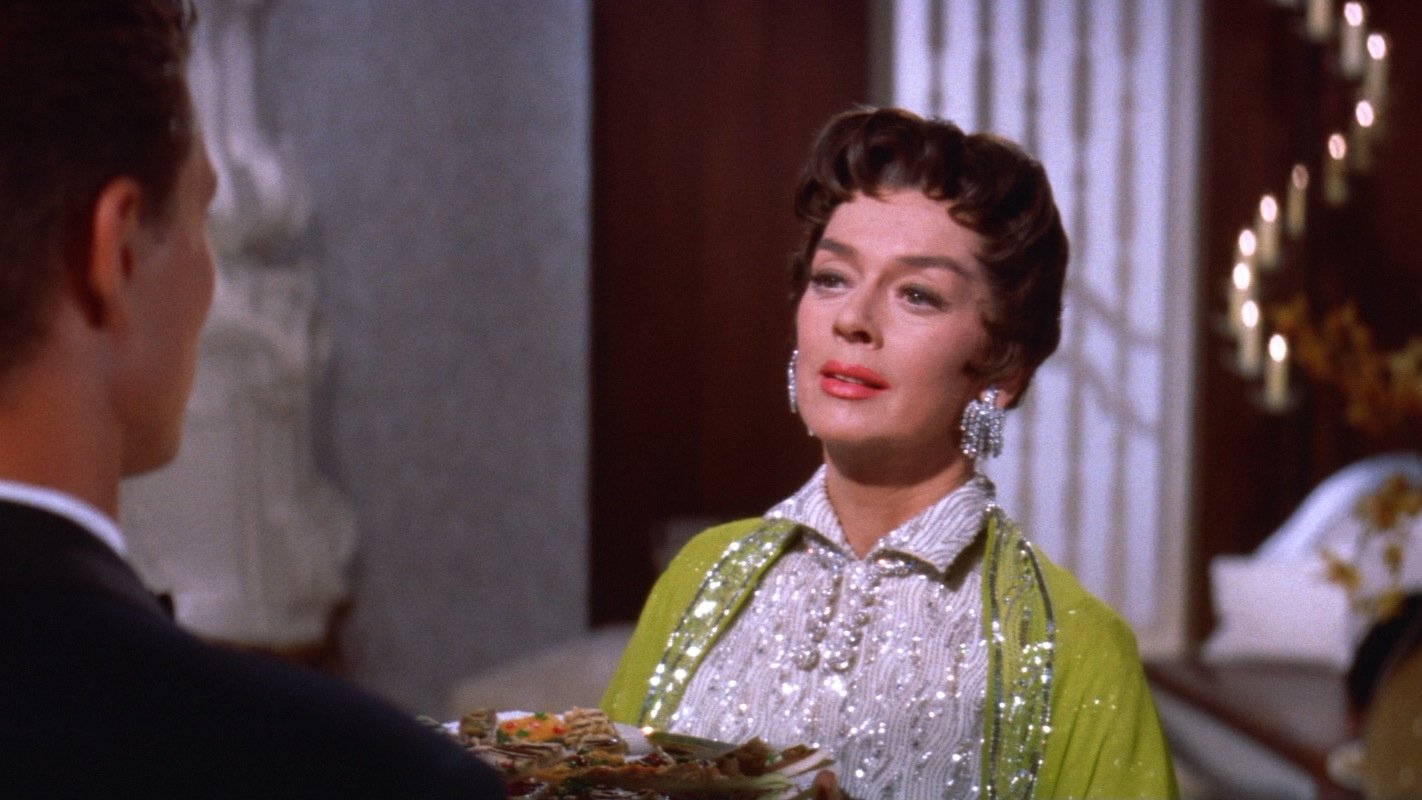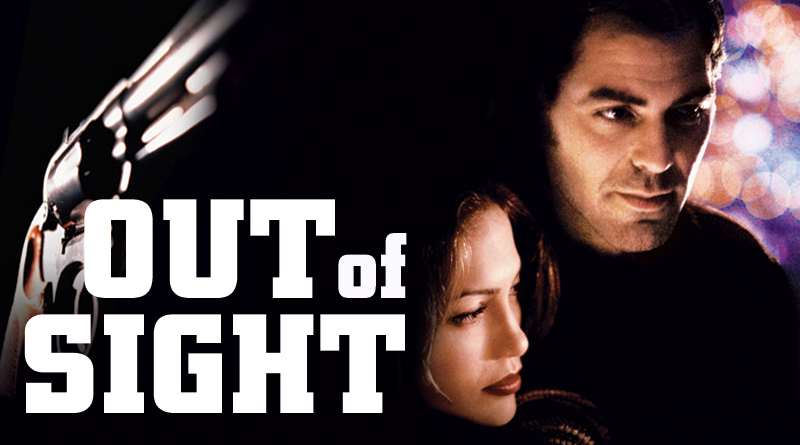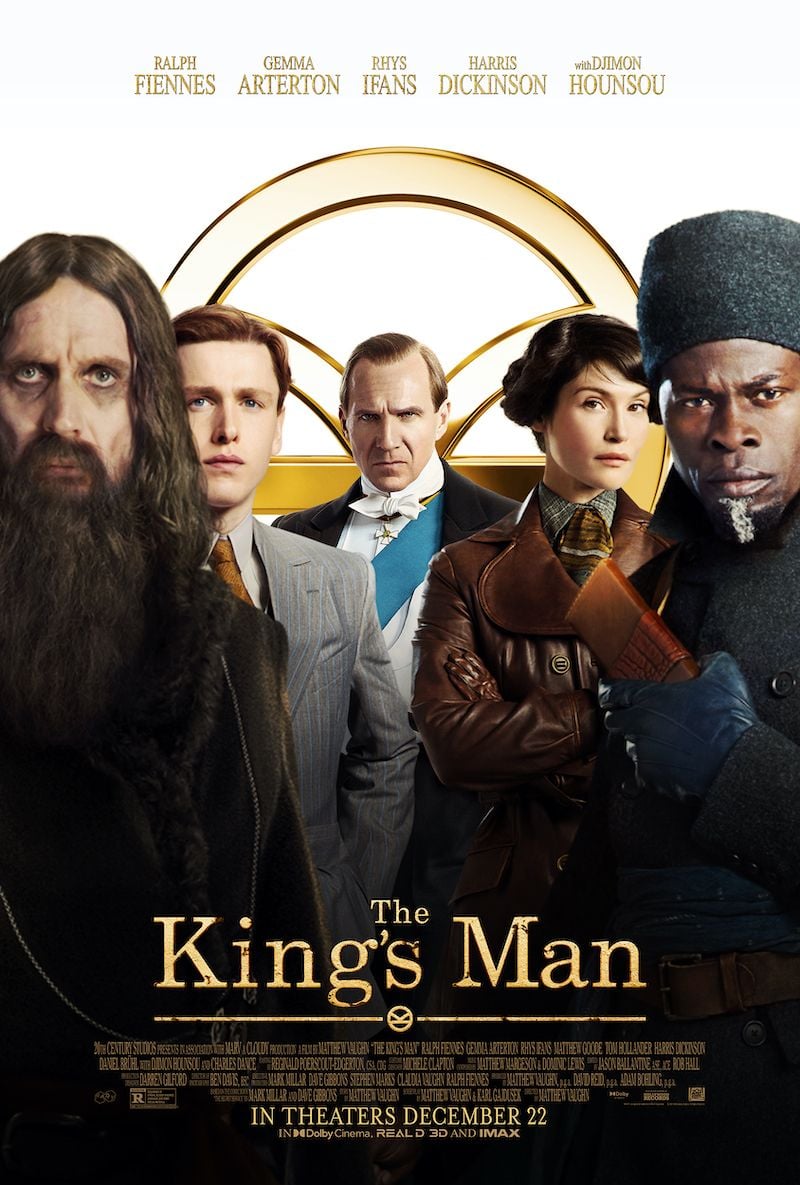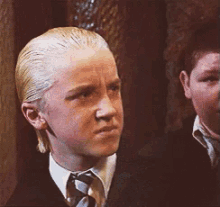WARNING: spoilers below
In the 1970's, in the midst of the New Hollywood movement that redefined American film as we knew it, something interesting began happening; Noir, which had mostly seemed like a relic of the Classical era beforehand, suddenly began being revitalized with fresh updates of the then-dusty genre, whether it be the cynical sexuality of Alan J. Pakula's Klute, or the satire of genre conventions in Robert Altman's The Long Goodbye. However, while it had plenty of competion at the time, for me, there's one clear-cut winner among all the Neo-Noirs that Hollywood produced that decade, one that wasn't content to just be Noir-ISH, or to parody the genre, but instead, both unbashedly engaged in the familiar old tropes of the genre, while also deconstructing them at the same time, resulting in one of the greatest Noirs of all time, of any period in the genre's history. That movie? The one, the only... Chinatown.
It tells the story of Jakes Gittes, a small-time private eye, one who's content to crack petty adultery cases for a living in 1930's LA, until what seems to be just another case of a cheating spouse unravels into a tangled web of conspiracy, deceit, and murder, and will lead him into the darkest corners of both the city of angels, and the human soul as well. And, while its multi-layered central mystery (courtesy of Robert Towne’s Oscar-winning, clockwork-precise screenplay) is a clear call-back to the often-Byzantine plots of classical Noir, instead of just being surface-level busywork, Chinatown’s intricate, conspiratorial plot is just as compelling and well-written as the best of the genre, never becoming overly convoluted just for the sake of it, but slowly, steadily unravelling its mystery step by tantalizing step, maintaining a very well-justified confidence in its storytelling all the way until the (very) bitter end.
But, the film not only serves as a genuinely affectionate love letter to Noir this way, but also subverts the elements that defined the genre at the same time with its characterizations, as it takes the two most iconic archetypes of Noir, and seems to establish textbook examples of both with its male & female leads, before turning both of them completely and utterly around on their heads by the end. With Faye Dunaway's Evelyn Mulwray, the combo of her initially cold demeanor and genre conventions cleverly manipulate us into thinking that’s just another spin on the treacherous, homocidal femme fatale at first, but a number of shocking story turns reveal that she's completely innocent of the crimes she’s suspected of, rendering her a highly sympathetic figure, and taking an extremely familiar stock character and breathing all-new life into her in the process.
And with Jack Nicholson's Jake Gittes, we get a protagonist who first appears to be just another vintage, hard-boiled private eye, the wisecracking type who never truly loses his cool no matter how much hot water he’s in, only for him to be put through a complete emotional wringer, both falling in love, and losing that love in the span of just a few days, as he forms a romance that's unusually genuine by typical Noir standards, even though it ultimately proves to be a doomed one in the end. Through it all, Nicholson puts in an excellent performance in the kind of role he was born to play, as the world's biggest smartass, a man who can both insult people just as casually as he breathes air (even through his sliced-up snhnoz), while also showcasing an underlying emotional vunerablility throughout, one that surfaces more and more as his character unravels right along with the central mystery.
Finally, Chinatown excels through its overall sense of fatalism, as the specters of dark pasts and the foreshadowing of even darker futures constantly loom over its characters, as Towne uses the titular location as a sort of metaphorical, unescapable purgatory, one that dooms Jake to relive a cycle of tragedy he's experienced before, even though he does eventually unravel that central conspiracy that drives Chinatown’s story. However, it’s ultimately all for naught, as he's completely powerless to either put a stop to the resource-hoarding conspiracy, or even just to save the life of the woman he loves, as his seemingly hard-boiled exterior finally cracks for good at the end, and all an emotionally-devastated Jake can do at the end is walk away as the bad guy actually "gets away with it", as the haunting, trumpet-laden score plays, and the credits begin to roll for one of film Noir’s greatest works. "Forget it Jake", indeed...
In the 1970's, in the midst of the New Hollywood movement that redefined American film as we knew it, something interesting began happening; Noir, which had mostly seemed like a relic of the Classical era beforehand, suddenly began being revitalized with fresh updates of the then-dusty genre, whether it be the cynical sexuality of Alan J. Pakula's Klute, or the satire of genre conventions in Robert Altman's The Long Goodbye. However, while it had plenty of competion at the time, for me, there's one clear-cut winner among all the Neo-Noirs that Hollywood produced that decade, one that wasn't content to just be Noir-ISH, or to parody the genre, but instead, both unbashedly engaged in the familiar old tropes of the genre, while also deconstructing them at the same time, resulting in one of the greatest Noirs of all time, of any period in the genre's history. That movie? The one, the only... Chinatown.
It tells the story of Jakes Gittes, a small-time private eye, one who's content to crack petty adultery cases for a living in 1930's LA, until what seems to be just another case of a cheating spouse unravels into a tangled web of conspiracy, deceit, and murder, and will lead him into the darkest corners of both the city of angels, and the human soul as well. And, while its multi-layered central mystery (courtesy of Robert Towne’s Oscar-winning, clockwork-precise screenplay) is a clear call-back to the often-Byzantine plots of classical Noir, instead of just being surface-level busywork, Chinatown’s intricate, conspiratorial plot is just as compelling and well-written as the best of the genre, never becoming overly convoluted just for the sake of it, but slowly, steadily unravelling its mystery step by tantalizing step, maintaining a very well-justified confidence in its storytelling all the way until the (very) bitter end.
But, the film not only serves as a genuinely affectionate love letter to Noir this way, but also subverts the elements that defined the genre at the same time with its characterizations, as it takes the two most iconic archetypes of Noir, and seems to establish textbook examples of both with its male & female leads, before turning both of them completely and utterly around on their heads by the end. With Faye Dunaway's Evelyn Mulwray, the combo of her initially cold demeanor and genre conventions cleverly manipulate us into thinking that’s just another spin on the treacherous, homocidal femme fatale at first, but a number of shocking story turns reveal that she's completely innocent of the crimes she’s suspected of, rendering her a highly sympathetic figure, and taking an extremely familiar stock character and breathing all-new life into her in the process.
And with Jack Nicholson's Jake Gittes, we get a protagonist who first appears to be just another vintage, hard-boiled private eye, the wisecracking type who never truly loses his cool no matter how much hot water he’s in, only for him to be put through a complete emotional wringer, both falling in love, and losing that love in the span of just a few days, as he forms a romance that's unusually genuine by typical Noir standards, even though it ultimately proves to be a doomed one in the end. Through it all, Nicholson puts in an excellent performance in the kind of role he was born to play, as the world's biggest smartass, a man who can both insult people just as casually as he breathes air (even through his sliced-up snhnoz), while also showcasing an underlying emotional vunerablility throughout, one that surfaces more and more as his character unravels right along with the central mystery.
Finally, Chinatown excels through its overall sense of fatalism, as the specters of dark pasts and the foreshadowing of even darker futures constantly loom over its characters, as Towne uses the titular location as a sort of metaphorical, unescapable purgatory, one that dooms Jake to relive a cycle of tragedy he's experienced before, even though he does eventually unravel that central conspiracy that drives Chinatown’s story. However, it’s ultimately all for naught, as he's completely powerless to either put a stop to the resource-hoarding conspiracy, or even just to save the life of the woman he loves, as his seemingly hard-boiled exterior finally cracks for good at the end, and all an emotionally-devastated Jake can do at the end is walk away as the bad guy actually "gets away with it", as the haunting, trumpet-laden score plays, and the credits begin to roll for one of film Noir’s greatest works. "Forget it Jake", indeed...












